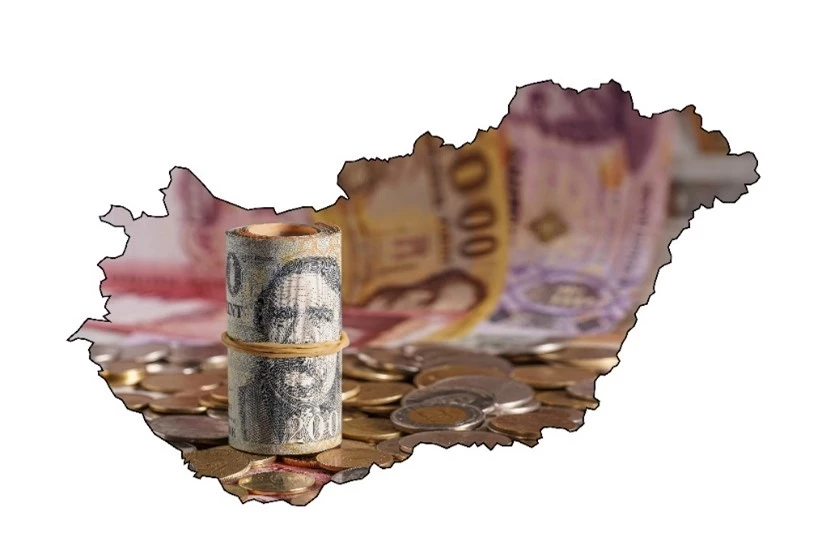Zloty to strengthen, koruna to remain stable, forint to get weaker?

At the same time as equity markets are busily searching for the answer to whether Wall Street is entering a slump, the strength of the recent reshuffle has weakened on the currency market. In the CEE3 group of currencies: the zloty has lost momentum, but it still has room to strengthen later this year, the Czech koruna should remain stable, and the forint, which has depreciated strongly recently, may go down even further.
The Czech koruna was dragged into trouble in May by the announcement of changes coming to the position of the central bank governor. Only currency interventions halted the dynamic rise of the EUR/CZK exchange rate towards 25.50. As it turns out, these were mainly verbal interventions, and the sale of foreign currencies on the market was carried out on a limited scale. The effectiveness of these actions was largely due to the credibility that the Czech National Bank (CNB) had built up over the years in the eyes of investors. As a result, the Czech koruna made up virtually all of the sharp depreciation.
What do the Czech and Swiss national banks have in common?
Ales Michl’s appointment to lead the central bank carries the risk of a less severe fight against inflation and a softer policy. Much will depend on still unknown additional staff changes to complete the shuffle in the monetary authority.
“Regardless of these potential changes to CNB structures, we forecast that although the koruna’s strength peak is likely to be behind it, the EUR/CZK exchange rate will remain below 25.00 for the rest of the year. The more powerful and persistent inflationary pressures in the Czech Republic (the CPI reading for April was 14.2% y/y), the stronger the preference for the koruna to be stronger. The CNB, along with the Swiss Central Bank, is the most active in Europe in seeking to influence the exchange rate to achieve its policy objectives. Comparing the situation of the CZK and the zloty: the zloty has more room to strengthen later this year, while the koruna should remain stable,” says Bartosz Sawicki, Conotoxia market analyst.
A market review of the Hungarian government’s plans
The forint is in a completely different situation. Since yesterday it has been heavily overvalued, and in relation to the zloty, it has lost 3% in recent days. The EUR/HUF exchange rate is only 1% away from the peaks recorded during the panic sell-off after Russia’s attack on Ukraine. For comparison: the euro is much closer to this year’s lows (4.48 PLN) than to the record-high level of 5 PLN reached at that time.
“The source of the forint’s troubles are the Hungarian authorities’ further unconventional and even shocking ideas.
Calling for a state of emergency, the Hungarian government is planning to introduce additional taxes to be imposed on banks, retail chains and the energy sector, among others. International investors immediately review such ideas through currency sell-offs. The Hungarian economy has been the least balanced and has been structurally the weakest in the region for years. At the moment, wages and prices are spiralling even more strongly there than in Poland. Relations with the EU are even worse, and the prospects of taming inflation are the least realistic. Therefore, a negative approach is taken to the forint. The Hungarian currency may be the weakest and the most unstable in the CEE3 group (Central Eastern Europe 3), especially if the global stagflation scenario comes true, i.e. a combination of high inflation and anaemic economic growth,” says the Conotoxia analyst.
Source: Bartosz Sawicki, Conotoxia market analyst / Press release








As Homer once said “Doh”. When you pay the Bear more for oil and gas than other countries, then keep the pump prices low to prevent a storming of the parliament, something has to give.